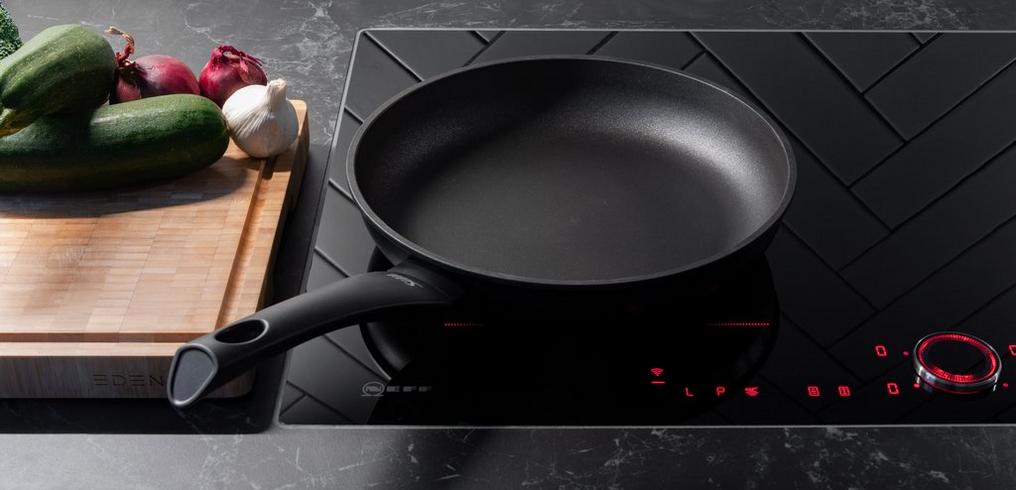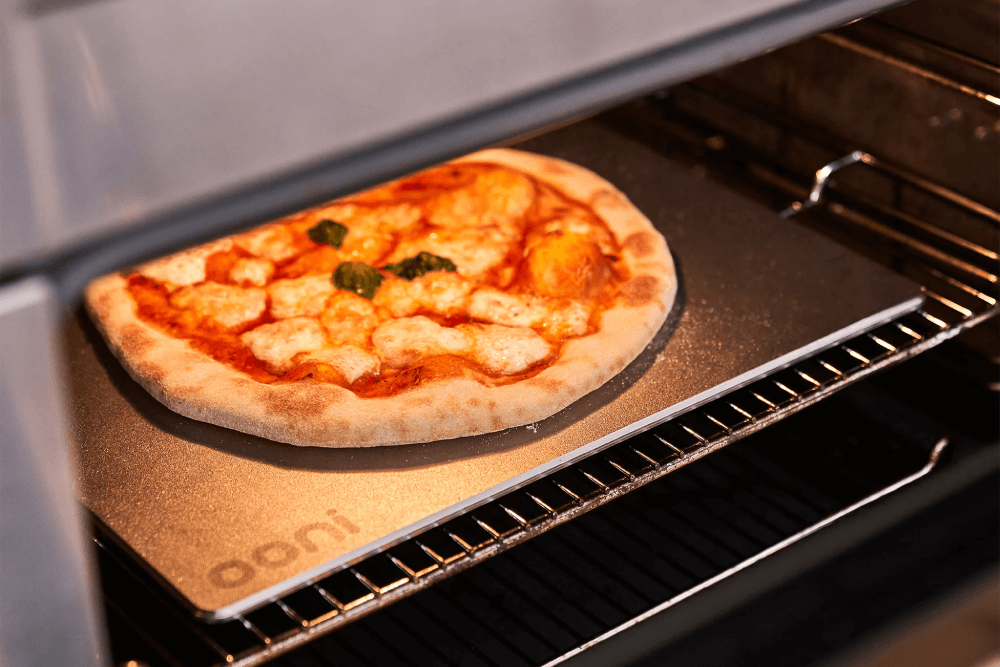In the bustling world of professional kitchens, the choice of cookware can make a significant difference. This is especially true when it comes to cooking on induction hobs. The debate of cast iron vs aluminum on induction is a hot topic among culinary experts. Both materials have their unique advantages and disadvantages, and understanding these can aid kitchen professionals in making an informed decision.

The Basics of Induction Cooking
Before diving into the specifics of cast iron and aluminum, it's essential to grasp the fundamentals of induction cooking. Induction hobs use electromagnetic fields to directly heat the cookware, which means the pan itself becomes the heat source. This method is efficient, precise, and rapid, making it a favorite in fast-paced kitchen environments. For a deeper understanding, you can explore the basics of induction cooking.
Why Choose Cast Iron?
Cast iron cookware is renowned for its durability and excellent heat retention. These qualities make it a staple in many professional kitchens. When it comes to induction cooking, cast iron's ferrous nature makes it an ideal candidate. It heats up slowly but retains heat exceptionally well, allowing for even cooking and maintaining warmth.
One of the common concerns is whether cast iron can effectively work on induction cooktops. The answer is a resounding yes. In fact, cast iron is highly compatible with induction due to its magnetic properties. This compatibility ensures that the cookware heats up quickly and evenly, a crucial factor in high-pressure kitchen settings.
Challenges with Cast Iron
However, there are some challenges associated with using cast iron on induction. Due to its heavy weight, handling can be cumbersome, especially when moving between bustling stations. Additionally, cast iron can sometimes lose heat at the edges, leading to uneven cooking if not properly preheated.
The Appeal of Aluminum Cookware
On the other hand, aluminum cookware is celebrated for its lightweight nature and excellent heat conduction. Aluminum heats up quickly, making it ideal for tasks that require fast temperature adjustments. This adaptability is crucial in kitchens where time efficiency is of the essence.
However, pure aluminum is not inherently compatible with induction cooktops. For this reason, many aluminum pans are designed with an induction-compatible base, ensuring they can still be used on these modern hobs. For more tips on using cookware on induction, visit Cook and Pan.
Limitations of Aluminum
Despite its benefits, aluminum has its limitations. Its tendency to warp under high heat can be problematic in fast-paced kitchens. Additionally, without a specially designed base, aluminum cookware cannot be used on induction cooktops, limiting its versatility compared to its cast iron counterpart.
Choosing the Right Cookware
For kitchen professionals, the choice between cast iron and aluminum depends on various factors, including the type of cooking, the need for heat retention versus rapid heating, and personal handling preferences. Each material offers distinct advantages that can be leveraged depending on the culinary task at hand.
For those who prioritize heat retention and durability, cast iron is the clear winner. However, for tasks that require quick temperature changes and ease of handling, aluminum could be more suitable. Ultimately, understanding the properties of each material can help chefs make informed decisions that enhance their cooking efficiency.
Conclusion
The debate of cast iron vs aluminum on induction is a testament to the evolving nature of professional cooking. Both materials hold their ground, offering unique advantages that cater to different culinary needs. By understanding these nuances, kitchen professionals can choose the right tool for the task, ensuring optimal performance on induction hobs.

FAQs
Does cast iron work well on induction cooktops?
Yes, cast iron is highly compatible with induction cooktops due to its magnetic properties, ensuring efficient and even heating.
Can aluminum be used on induction hobs?
Aluminum can be used on induction hobs if it has an induction-compatible base, which allows it to interact with the electromagnetic field.
What are the advantages of using cast iron in professional kitchens?
Cast iron offers excellent heat retention, durability, and even cooking, making it a popular choice in professional kitchens.






Leave a comment
This site is protected by hCaptcha and the hCaptcha Privacy Policy and Terms of Service apply.